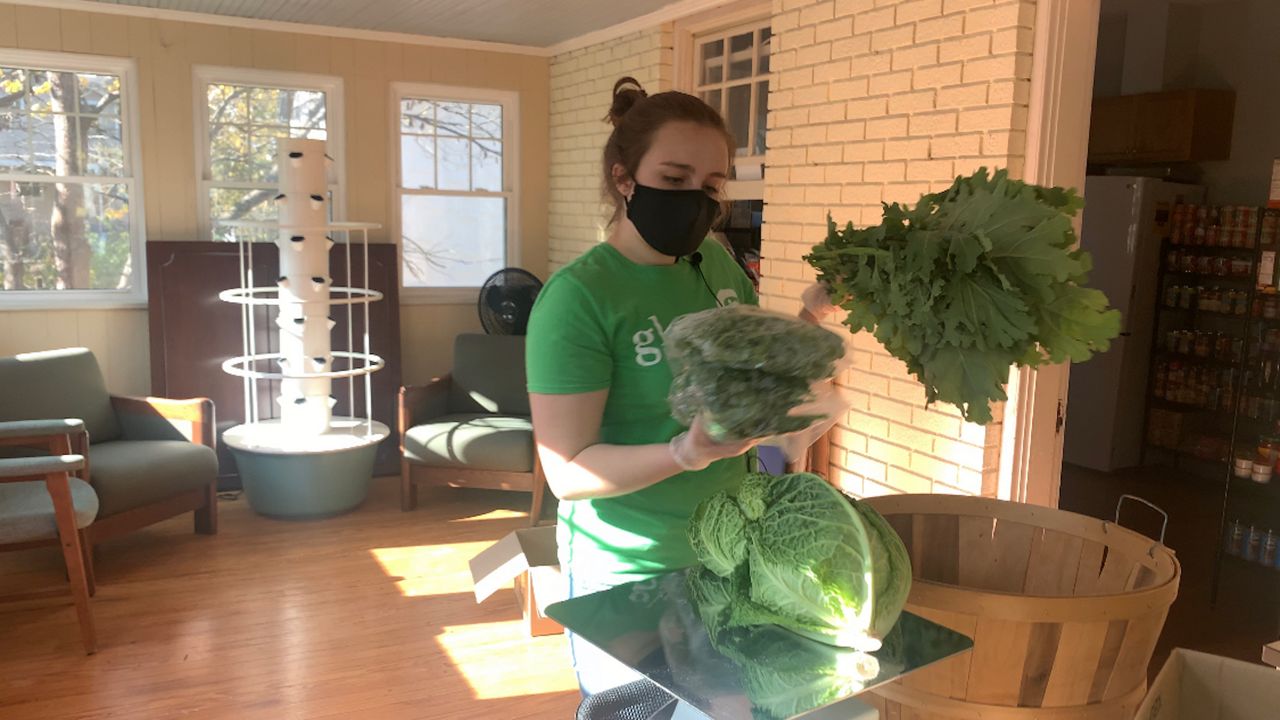BOWLING GREEN, Ky. — One program on Western Kentucky University's campus has collected over 5,000 pounds of surplus food for nonprofits.
After creating the WKU Food Recovery in January 2019, founder Elaine Losekamp never thought she’d make such an impact in such a short amount of time.
“It is a student-run organization that recovers surplus food from campus restaurants and brings that to a variety of different nonprofits in the community that help people in need,” Losekamp said.
While Losekamp can make a difference on a university level, she wanted to push her activism one step further.
Glean Kentucky has been a nonprofit organization in the Commonwealth for 10 years, collecting leftover produce from farms, orchards, and gardens in the Lexington and central Kentucky area. The nonprofit hired Losekamp as its south-central Kentucky representative in September, where she can reach further into the community to collect extra harvest from farmers, collect produce from orchards, and even gather extra items from local farmers' markets and gardens.
Many students who are part of the WKU Food Recovery volunteer with Glean Kentucky. Collecting surplus food not only helps the community, but it also has a significant impact on the environment.
“When food decomposes in landfills, it produces methane which is a very potent greenhouse gas, which leads to climate change or contributes to climate change, and so by recovering surplus food and produce that would otherwise go to waste, we’re able to mitigate that environmental impact,” Losekamp said.
According to the United Health Foundation, 14.7% of households in Kentucky are classified as being food insecure. Studying agriculture, Losekamp hopes to bridge the gap between food waste and food insecurity.
“The practical experiences I’ve had with Glean Kentucky and WKU Food Recovery have given me a lot of deeper understanding of the problems of food waste and food insecurity and how on a community level and on a personal level we can work to combat those problems,” Losekamp said.



